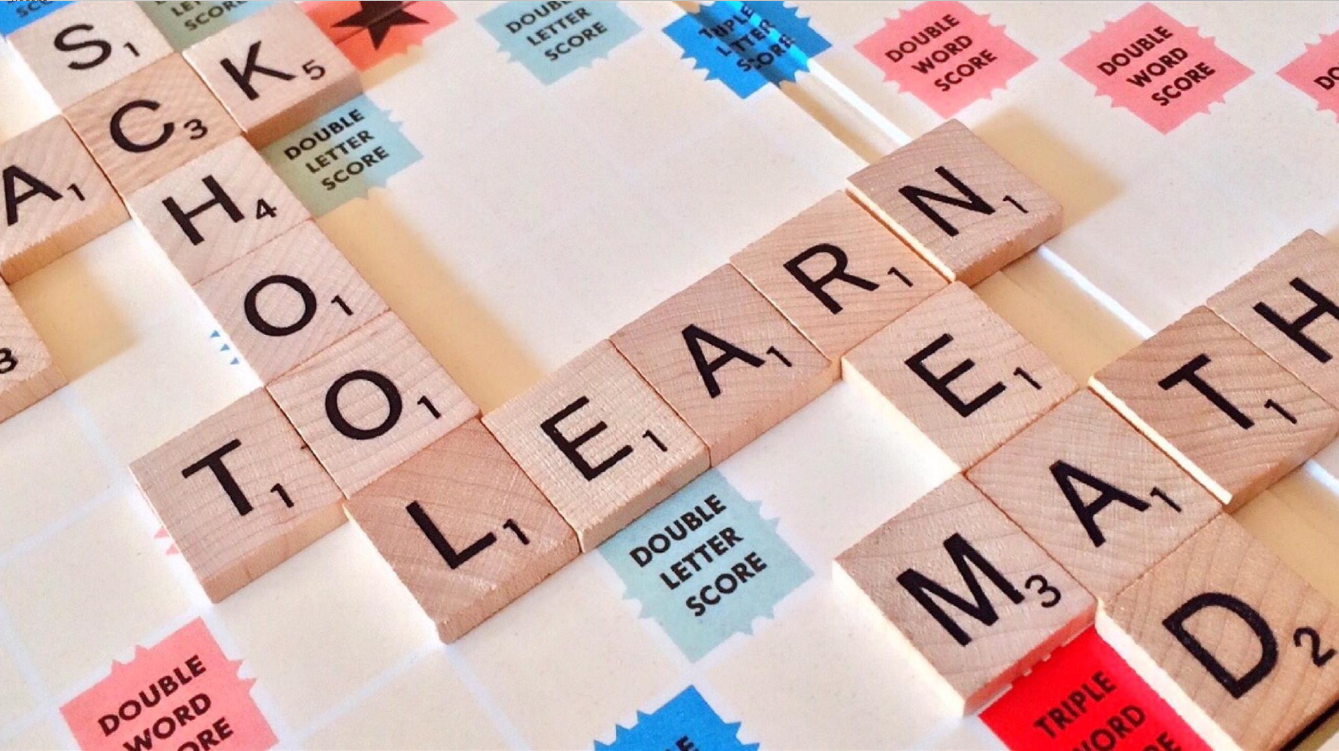In 1773, the Americans dumped 342 chests of British tea into the Boston Bay. In 1775, they thought they had seen the last of us when they sent our Redcoats home. Yet, in 2019, they’re still speaking the Queen’s tongue…or are they? While we may seem to speak the same language, the truth is that there are many surprising differences between British and American English and they are a powerful force in affecting meaning.
But if you’re not a linguist, why should you care about the differences between British and American English? Because while Content may be king, Localisation is queen, and she rules with an iron fist. All marketers must learn to localise their content in order to connect with British or American audiences.
Localisation is the art of adapting your messaging to the language requirements and cultural preferences of your intended audience. In truth, it’s the key to generating leads in cold marketing and a simple way to make an impact in a new market. Decide against localising, and you risk damaging your global brand. The last thing you ever want to do is break the connection between your audience and your marketing message.
For example, try telling an American that you’d be happy to discuss your offer in a fortnight’s time once they’re back from holiday, or that they can avoid the queue by filling in the timetable attached – pip them to the post, mate! Not that you would ever write either of those sentences, but you get my point – use the wrong dialect in your messaging and you’ll only succeed in confusing your audience.
To help you drive better marketing results, we’ve gathered the following comprehensive list of the differences between British and American English. Consider it your go-to guide for localising your content with ease.



Looking to further improve your marketing results and performance? Check out how we achieve results at pace through agile marketing.

